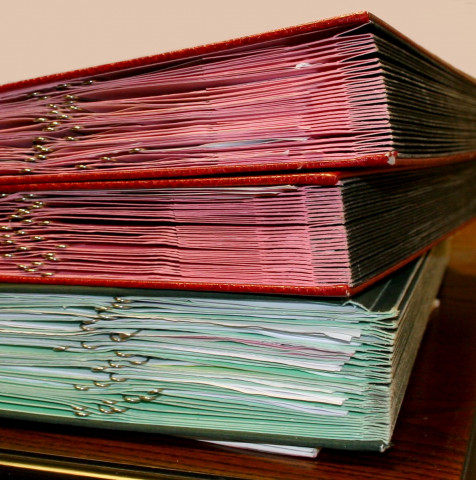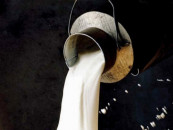Shariat court to take up 22-year-old Riba case on March 24
Case was remanded back to the Shariat Court by the Supreme Court in 2002 to reconsider its judgment delivered in 1992.

Case was remanded back to the Shariat Court by the Supreme Court in 2002 to reconsider its judgment delivered in 1992. PHOTO: FILE
The Federal Shariat Court (FSC) has decided to take up the long-pending case on Riba (usury) on March 24. The case was remanded back to the Shariat Court by the Supreme Court in 2002 to reconsider its judgment delivered in 1992, which declared interest or Riba repugnant to the injunctions of Islam.
Earlier, in 1999, hearing an appeal against the decision, the Supreme Court’s Shariat Appellate Bench upheld the FSC decision and gave the then government two years to amend all the banking laws of the country and other statutes to prohibit Riba.
Later, however, the government and some banks had instituted a review petition before the Supreme Court bench, headed by Chief Justice Sheikh Riaz, against the anti-Riba ruling. The bench remanded the case in 2002 back to the FSC to reconsider the matter.
The apex court also directed the FSC to take input from contemporary jurists of the Muslim world. In its order, the bench had held: “We are of the considered view that the issues involved in these cases require to be determined after thorough and elaborate research and comparative study of the financial systems, which are prevalent in the contemporary Muslim countries.”
The FSC had already commenced the preliminary proceedings of the hearing last year in 2013. It is learnt that the Shariat court has heard the point of view of two jurist consultants, Tahir Mansuri and Dr Ayub of Riphah International University, Islamabad.
In addition, the FSC had prepared a questionnaire and sent it to Dr Wahba Zuhaili (Syria), Dr Sami Ibrahim Suwailem (Saudi Arabia), Dr Ali Mohiuddin Al Qaradaghi (Qatar) and Dr Ajeel Jassem al Nashmi (Kuwait) seeking their views regarding the issue.
The FSC has already received the view of Dr Zuhaili and Dr Sami Ibrahim, but the court has not received the opinion of others as yet.
When the Shariat Court takes up the 22-year-old case on March 24, Attorney General Salman Aslam Butt will present the government’s stance on the matter.
Published in The Express Tribune, March 2nd, 2014.



















COMMENTS
Comments are moderated and generally will be posted if they are on-topic and not abusive.
For more information, please see our Comments FAQ